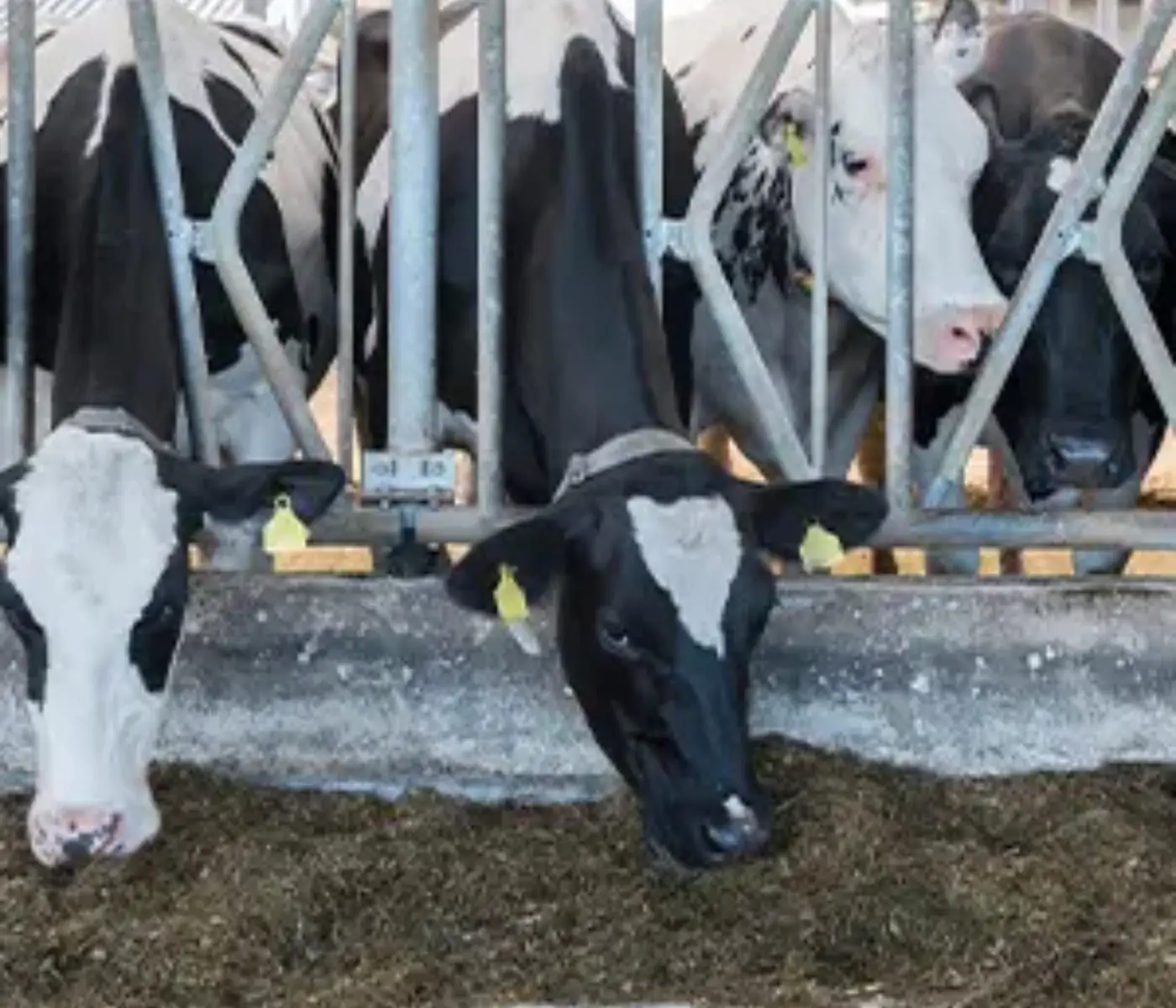 11 Apr 2025
11 Apr 2025
Efficient use of feed resources remains one of the biggest challenges for the sustainability of dairy farming. A recent study sheds light on how individualized feeding strategies may help tackle this issue without compromising productivity.
The study, published in the Journal of Dairy Science, explored the effects of a weekly individualized concentrate ration in Holstein dairy cows, based on their body weight changes.
Over a four-month period, researchers monitored 40 multiparous Holstein cows. Following calving, all cows received a standard ration with 3 kg of extra concentrate per day for the first eight days. After this period, they were grouped into pairs according to calving date, number of lactations, and weight gain.
Within each pair:
One cow continued on the standard feeding regimen.
The other received a customized weekly concentrate ration, adjusted based on her individual weight gain.
Surprisingly, no significant differences were found between the two groups regarding:
Milk yield
Body weight gain
Total feed intake (forage + concentrate)
However, the study revealed intriguing metabolic insights.
Researchers identified two distinct metabolic groups using blood metabolite levels (glucose, BHB, and non-esterified fatty acids). These profiles could predict the cows’ metabolic status with 90% accuracy.
Interestingly, cows with a more balanced metabolic profile:
Consumed more feed
Produced more milk
Yet also experienced greater body weight loss
In addition, weight gain and total feed intake alone were also useful predictors of metabolic status, with an accuracy of up to 70%.
Although the individualized feeding approach did not boost milk production during the study period, it maintained performance with reduced concentrate use—a finding that hints at potential economic and environmental benefits.
The researchers emphasize the importance of:
Investigating long-term effects
Integrating metabolic profiling into feeding strategies to support better decision-making on farms
References: “Gaillard, C.; Abarnou, J. (2024). Responses of dairy cows to weekly individualized feeding strategies regarding their metabolic status. Journal of Dairy Science, 107(12): 10776–10786.”
Read the full article here
Subscribe now to the technical magazine of animal nutrition
AUTHORS

Nutritional Interventions to Improve Fertility in Male Broiler Breeders
Edgar Oviedo
The Use of Organic Acids in Poultry: A Natural Path to Health and Productivity
M. Naeem
Synergistic Benefits of Prebiotics and Probiotics in Poultry, Swine, and Cattle
Gustavo Adolfo Quintana-Ospina
Hybrid Rye Potential in Laying Hen Feed Rations
Gwendolyn Jones
A day in the life of phosphorus in pigs: Part I
Rafael Duran Giménez-Rico
Use of enzymes in diets for ruminants
Braulio de la Calle Campos
Minerals and Hoof Health in the Pregnant Sow
Juan Gabriel Espino
Impact of Oxidized Fats on Swine Reproduction and Offspring
Maria Alejandra Perez Alvarado